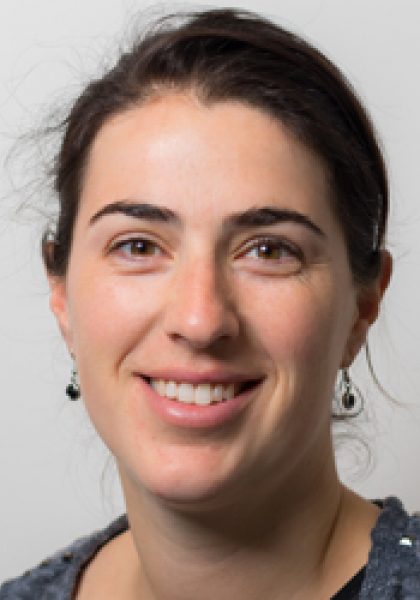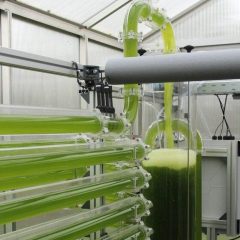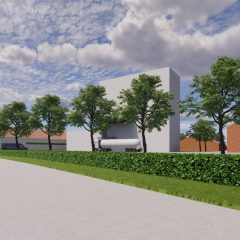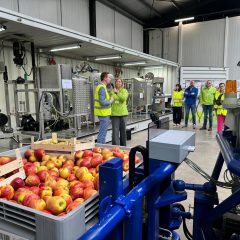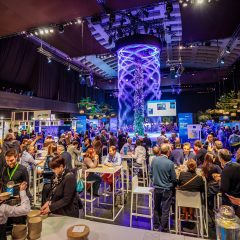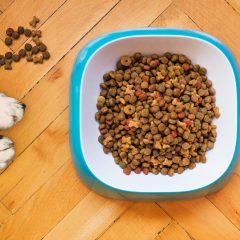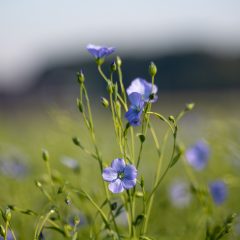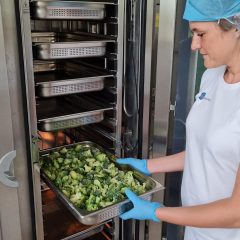Research project Upcycling processes of uncontrolled green macroalgae growth and residual biomass from brownmacroalgae and legumes to obtain alternative sources of proteins for food and feed applications

General introduction
A growing group of consumers is asking the food and feed sector for functional and affordable natural proteins from non-conventional sources. The processing industry is also requesting protein formulations of organic origin that can be produced at low cost and with a lower environmental impact.
This project has a double objective: (1) taking advantage of the by-products of the processing of materials of vegetable origin (legumes) (2) using residual macroalgae as raw material for proteins obtained in a more environmentally friendly way.
Research approach
The algae under study are green and brown macroalgae (seaweed) collected in Rias Baixas (Spain) and Norway, respectively. The plant source under study is the residual fraction from processing of legumes in Spain. Both raw materials come from the region where the local economy can then be stimulated through protein processing. We optimize algae biomass processing via biorefinery, in order to increase the protein harvest compared to other processes on a laboratory scale. In doing so, we take both quality and quantity into account. We aim for a protein purity of 60-70% of these treatments.
Relevance/Valorization
The ALEHOOP project takes a step forward in finding a sustainable and inexpensive solution to recover biofunctional and technological proteins from underutilized residual streams. The current origin of the proteins in question is soy, grains or potatoes. In other words, they are often either imported and/or less ecologically sustainable products. The scarcity of these types of resources in Europe, with too little availability to meet the demand of the region, forces us to look for new and not yet exploited sources of protein. We expect that both process optimization and the valorization of vegetable residual streams will lead to a significant reduction of the CO2 footprint compared to conventional processes (30% less). We also expect significant energy savings, around 20%. According to our estimate, production costs are approximately 20% lower than in conventional processes. If successful, the project will lead to the development of two new products, one based on seaweed (macro-algae) and one based on legumes. Finally, the project also increases the potential to reduce imports of currently used raw materials.
